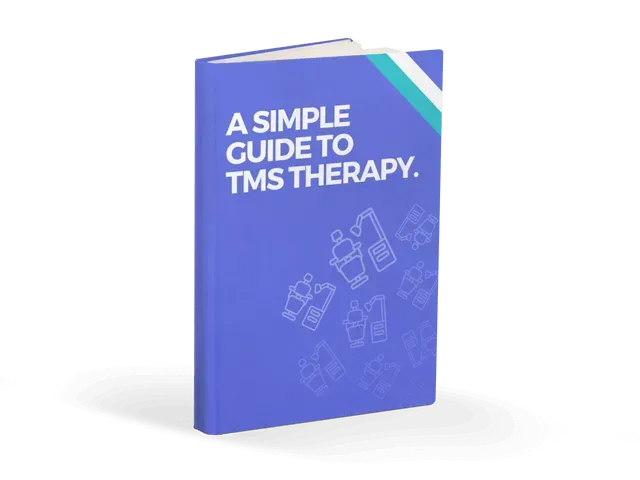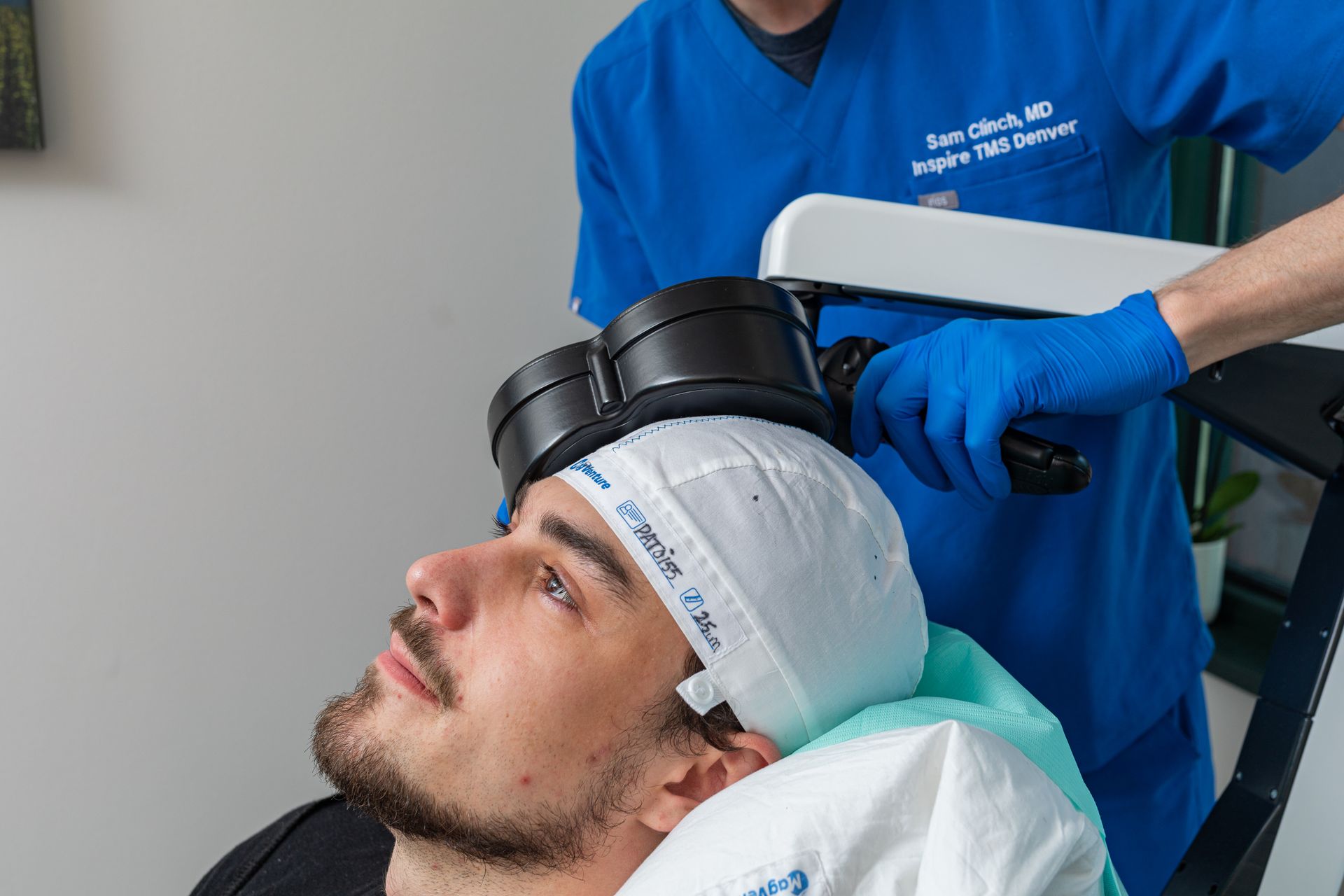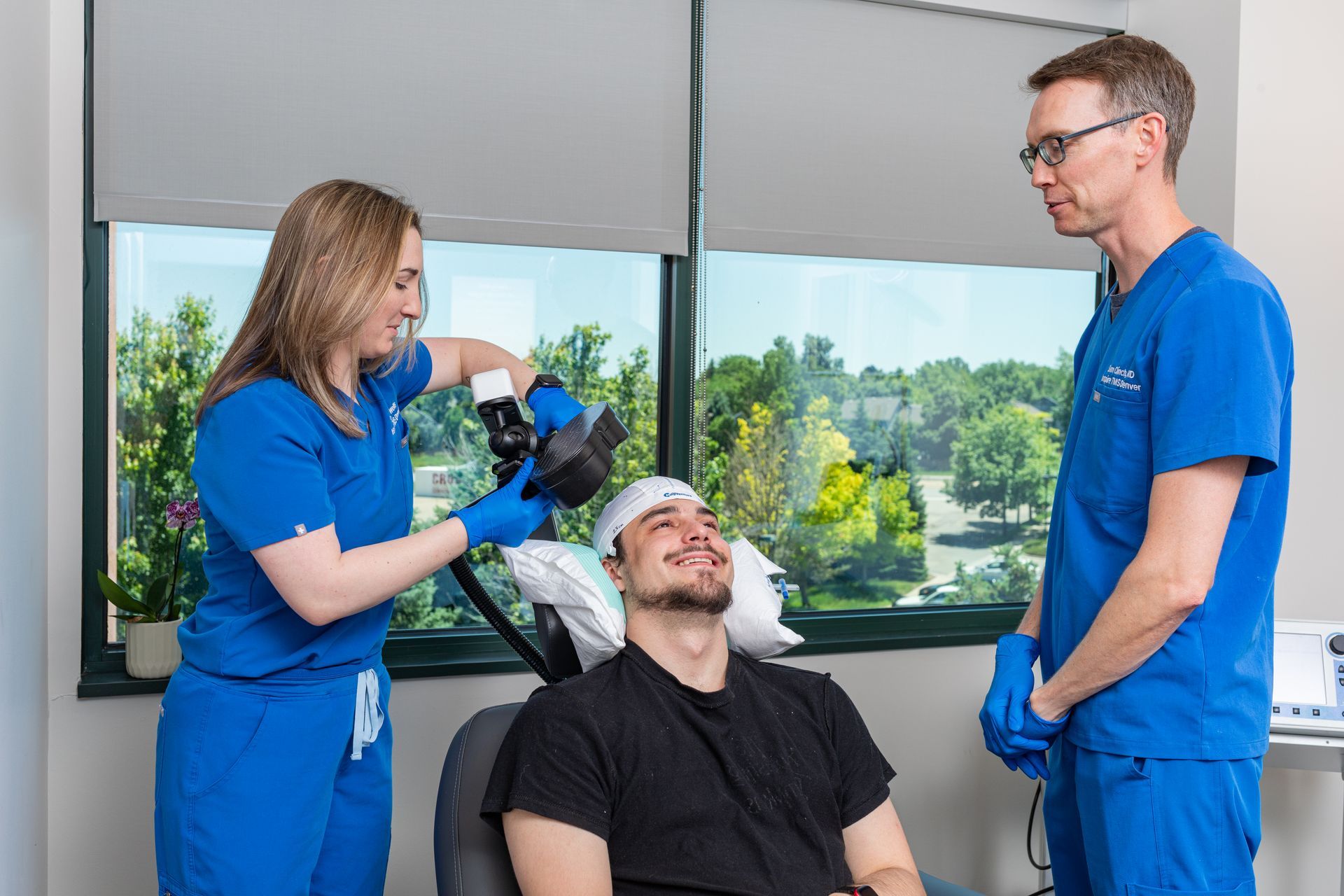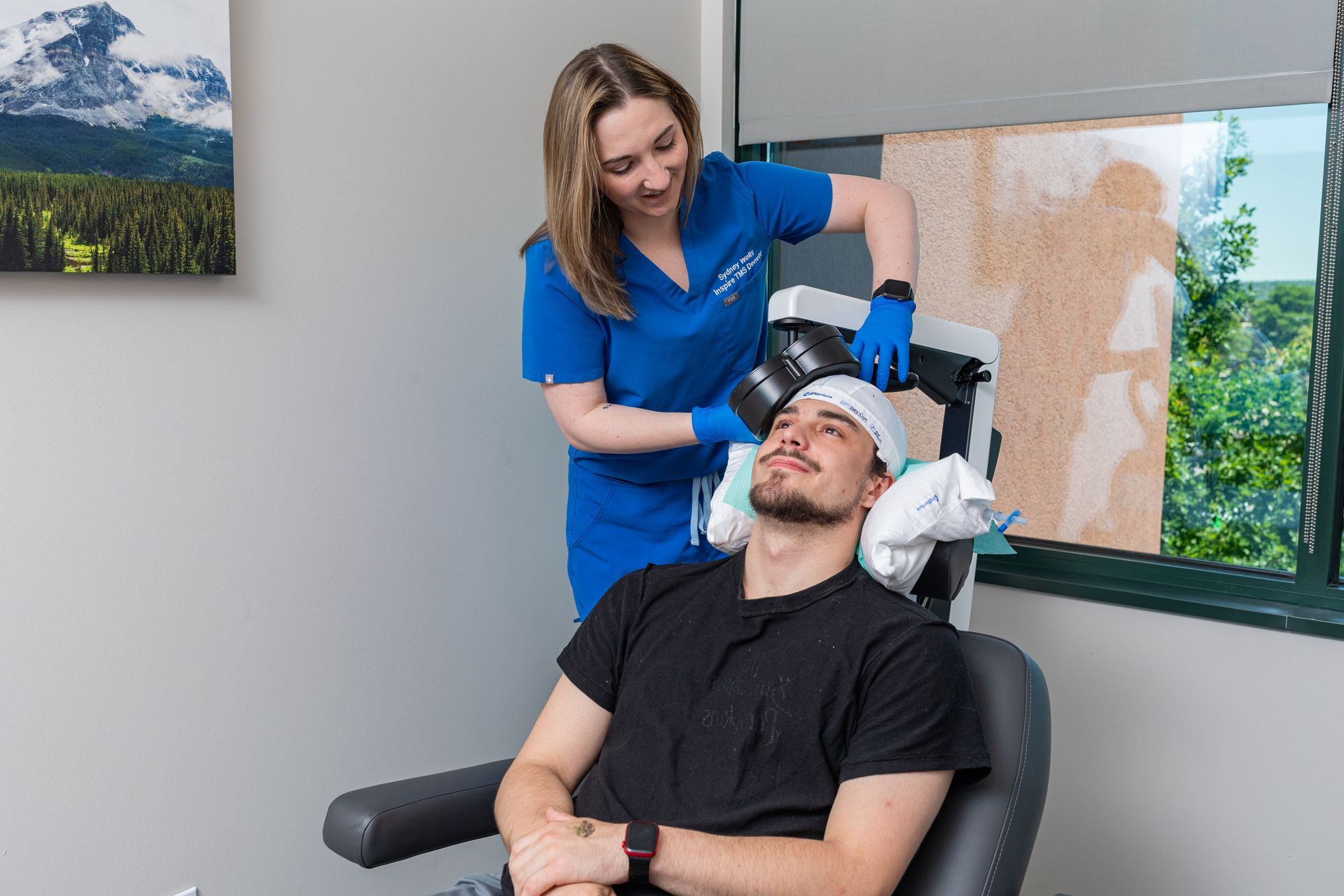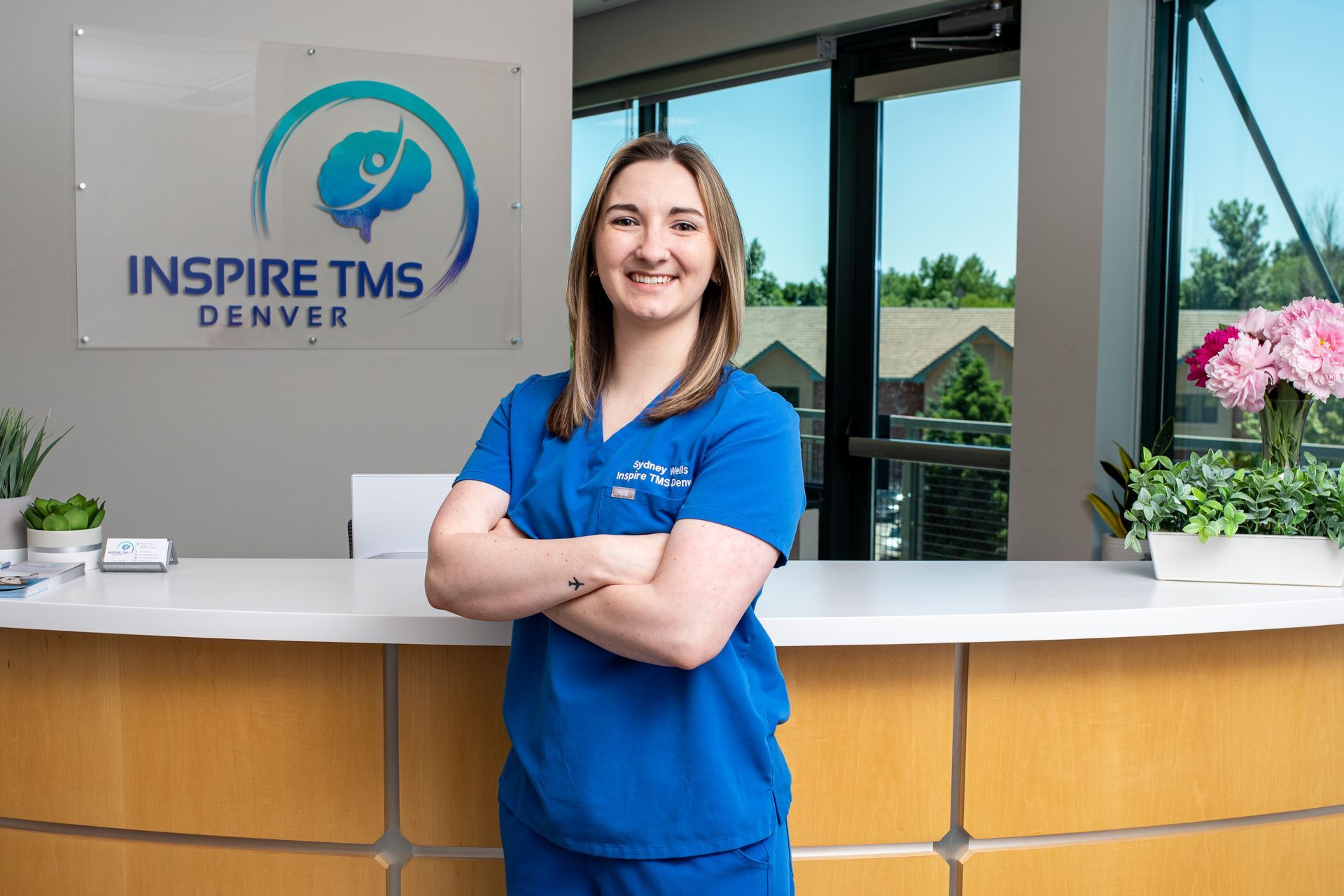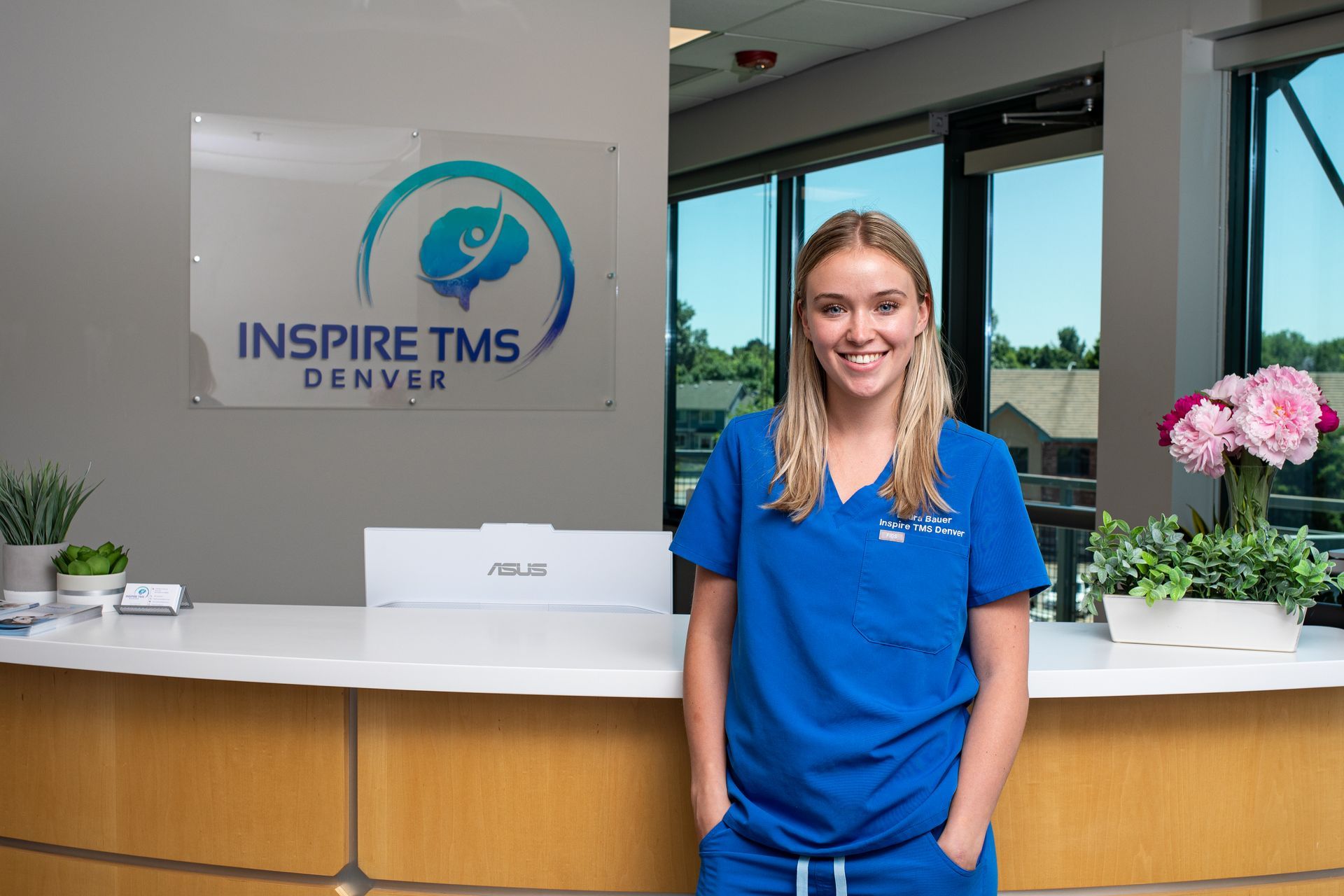By Sam Clinch
•
January 27, 2026
Quick Overview If you or a patient feels worse during a course of TMS , that reaction is real - and it doesn’t mean treatment has failed or that the clinician has made a mistake. A temporary worsening (often called the TMS “dip”) happens for some people while the brain is adjusting to stimulation. Most importantly, it is usually transient, manageable, and treatable with clear clinical steps and support. What is the “TMS dip”? The TMS dip describes a temporary increase in depressive or anxiety symptoms during a TMS course. Patients may report mood worsening, increased anxiety, irritability, sleep disruption, or more frequent intrusive thoughts. For most patients, the dip is short-lived and improves with continued care; for a small minority, it may require pausing or adjusting treatment. Clinics that specialize in TMS note this phenomenon and have procedures to respond. When does the dip usually happen? Timing: The dip most commonly appears mid-course (around halfway through a typical protocol), but it can occur at any time during treatment. Duration: In most cases, the dip lasts hours to a few days and resolves as the brain adapts to stimulation; in a few cases, clinicians pause or change the plan if symptoms persist. How often: Only a small percentage of patients report intolerable worsening that leads to stopping treatment; serious long-term worsening is not supported by the evidence when patients are correctly screened and monitored. Why does the dip happen? (simple clinical framing) No single explanation covers every patient, but common reasons include: Neurophysiologic adjustment. TMS actively alters neural circuits; as excitatory and inhibitory balances shift, transient symptom fluctuations may occur while new patterns stabilize. Protocol mismatch. Coil location, dose, or timing may be suboptimal for a specific patient; small differences in targeting can change the effect. Proper motor-threshold mapping is essential and sometimes needs re-checking. Medication interactions or withdrawal. Medication changes or interactions can amplify symptoms during stimulation. Comorbid or misdiagnosed conditions. Undetected bipolar spectrum disorders, PTSD, substance use, or medical issues can cause symptom volatility that looks like a dip. Psychological reaction. Increased self-awareness or brief increases in distress as therapy “opens up” material can feel worse before it gets better. What your clinicians should do - a practical, step-by-step response 1 - Immediate triage (same day) Screen for safety: Assess suicidality, intent, psychosis, or sudden functional decline. If safety is a concern, follow urgent protocols (suicide assessment, crisis plan, ER if needed). Check vitals/physical symptoms if relevant (headache, dizziness, unusual movements). 2 - Rapid medication & history check Confirm timing of meds (including any recent changes). Flag high-risk drugs (bupropion, clozapine, tramadol). If new meds or missed doses are identified, coordinate with the prescriber. 3 - Review TMS delivery Re-check mapping & motor threshold. Small targeting or intensity mismatches can matter; re-mapping may be indicated. Consider protocol changes : reduce per-session dose, increase inter-session rest, change coil location, or switch protocols (rTMS ↔ iTBS ). For patients on accelerated schedules, spacing or dose adjustments can reduce adverse fluctuations. 4 - Pause vs continue (clinical decision) Mild, brief dip: Often continue with enhanced monitoring and supportive measures (hydrate, rest, analgesia). Moderate/persistent dip: Consider pausing or slowing down the course and re-evaluating within 48–72 hours. Severe or safety concern: Stop treatment and escalate psychiatric evaluation. 5 - Symptom-targeted support Address headaches (hydration, OTC analgesic), sleep disturbances, and acute anxiety with evidence-based, short-term strategies and coordination with prescribing clinicians. Consider brief psychotherapeutic support if the dip involves increased rumination or trauma material. Learn More: TMS Pros & Cons 6 - Rescue & maintenance options Rescue/extension: If partial benefit is seen but symptoms fluctuate, clinicians may add extra sessions, extend the course, or offer maintenance/booster sessions later. Many clinics offer retreatment or maintenance schedules for sustaining gains. 7 - Documentation & follow-up Document symptom change, interventions, and rationale. Schedule a short re-check within a few days and continue outcome monitoring (PHQ-9/GAD-7 or other PROMs).

